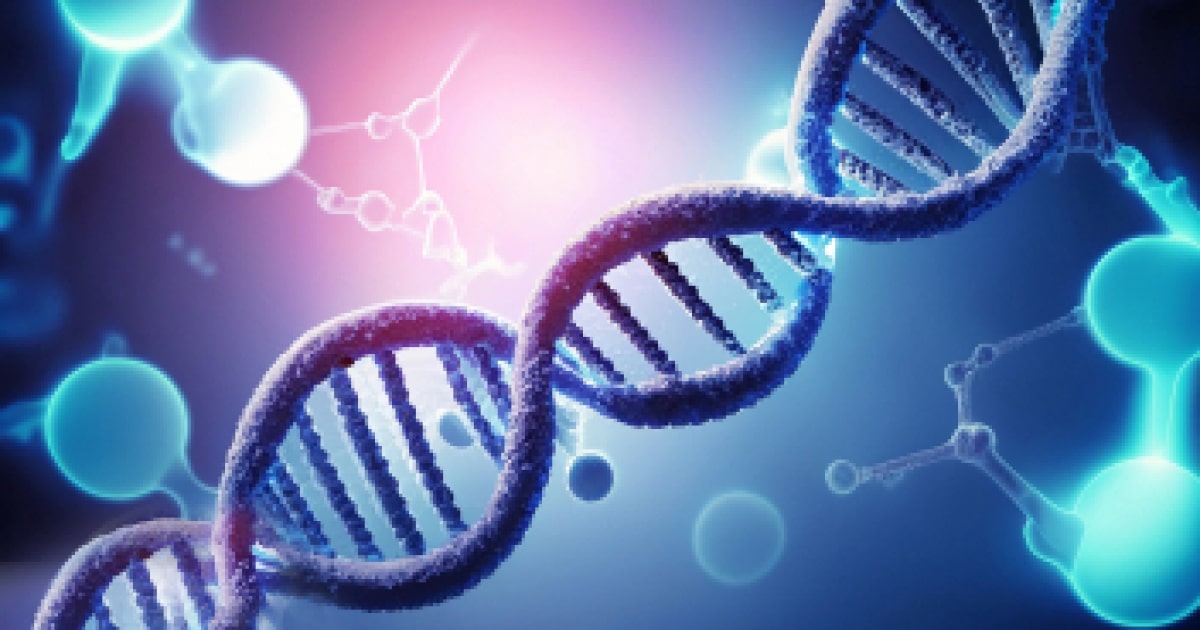
Expert Reviewed By: Dr. Brandon Colby MD
Hearing is one of the most vital senses, connecting us to the world in profound ways. However, for individuals affected by Autosomal Recessive Nonsyndromic Hearing Loss 98 (ARNSHL 98), this connection can be disrupted. Understanding the genetic underpinnings of this condition is crucial for diagnosis, management, and potential treatment. Recent studies have identified mutations in the PKHD1L1 gene as a significant cause of ARNSHL 98, shedding light on the complex genetic landscape of hearing loss.
The Genetic Landscape of ARNSHL 98
ARNSHL 98 is a form of hearing loss that is inherited in an autosomal recessive manner, meaning that two copies of the mutated gene are required for the condition to manifest. Unlike syndromic hearing loss, which is associated with other clinical features, nonsyndromic hearing loss presents solely as an auditory impairment. The identification of the PKHD1L1 gene as a contributor to ARNSHL 98 marks a significant advancement in our understanding of the genetic factors involved in hearing loss.
PKHD1L1: A Gene of Interest
The PKHD1L1 gene has been the focus of recent research due to its newly discovered role in ARNSHL 98. Mutations in this gene have been demonstrated to cause hearing loss through both genetic and functional analyses. These analyses have not only confirmed the pathogenicity of PKHD1L1 mutations in humans but have also been replicated in animal models, providing a comprehensive understanding of how these genetic changes impact auditory function.
Exploring Genetic Testing for ARNSHL 98
Early Detection and Diagnosis
Genetic testing for ARNSHL 98 offers the potential for early detection and diagnosis. By identifying mutations in the PKHD1L1 gene, healthcare providers can diagnose the condition more accurately and at an earlier stage. This is particularly beneficial for newborns and young children, where early intervention can significantly improve outcomes and quality of life.
Personalized Treatment Plans
Understanding the specific genetic mutations involved in ARNSHL 98 allows for the development of personalized treatment plans. Genetic testing can help tailor interventions to the individual's genetic profile, potentially leading to more effective management strategies. This personalized approach can include hearing aids, cochlear implants, or other therapies that are best suited to the individual's unique genetic makeup.
Family Planning and Genetic Counseling
Genetic testing for ARNSHL 98 also plays a critical role in family planning and genetic counseling. For families with a history of hearing loss, understanding the genetic risks can inform reproductive decisions and provide guidance on the likelihood of passing the condition to future generations. Genetic counselors can offer support and information to help families navigate these complex decisions.
Advancing Research and Treatment
Finally, genetic testing contributes to the broader research landscape by providing valuable data on the prevalence and impact of PKHD1L1 mutations. This information can drive further research into potential treatments and interventions, ultimately leading to improved care for individuals with ARNSHL 98. As our understanding of the genetic basis of hearing loss continues to grow, so too does the potential for innovative therapies and solutions.
The Future of Genetic Testing in Hearing Loss
The identification of PKHD1L1 mutations as a cause of ARNSHL 98 is a significant milestone in the field of genetics and audiology. As genetic testing becomes more accessible and affordable, it holds the promise of transforming the diagnosis and management of hearing loss. By unlocking the genetic secrets of conditions like ARNSHL 98, we can pave the way for a future where hearing loss is not only better understood but also more effectively treated.
For more details on the study and findings, you can refer to the research article here.
About The Expert Reviewer
Dr. Brandon Colby MD is a US physician specializing in the personalized prevention of disease through the use of genomic technologies. He’s an expert in genetic testing, genetic analysis, and precision medicine. Dr. Colby is also the Founder of and the author of Outsmart Your Genes.
Dr. Colby holds an MD from the Mount Sinai School of Medicine, an MBA from Stanford University’s Graduate School of Business, and a degree in Genetics with Honors from the University of Michigan. He is an Affiliate Specialist of the American College of Medical Genetics and Genomics (ACMG), an Associate of the American College of Preventive Medicine (ACPM), and a member of the National Society of Genetic Counselors (NSGC)